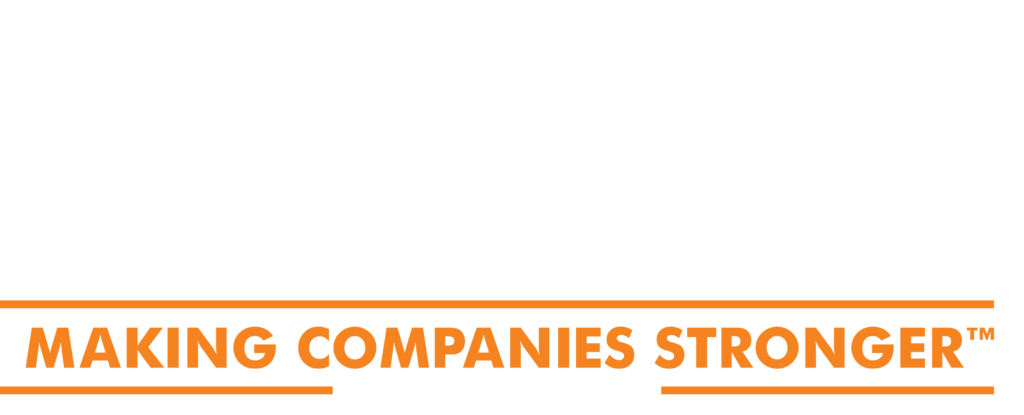For public companies, having a board of directors is both essential and required to protect shareholder interests, weigh key actions, and support well-informed decisions. While private companies don’t have the same requirement, a board of advisors or directors can nonetheless be just as helpful and important to maximize business success. However, forming a board that’s hastily selected or where members are lacking in experience can impede, rather than improve progress.
Key Drivers in Forming a Board
While some leaders have been instrumental in steering their company to success, it remains arguable that virtually every business can benefit greatly from retaining a board. A board may not be a day one necessity for a company, but each instance of incremental growth and increasingly divided attention of leadership brings it closer to this point. Other factors that may signal it’s time to consider forming a board of directors or advisors could be:
- Possible entry into a new or unfamiliar region or market
- Interest in divesting parts of the business or acquiring others
- Recognition of disruptive technology that could help or harm the business
- Objective assessment of operational alternatives (e.g. moving select function offshore)
It should also be noted that there are sometimes more subtle reasons to seek out the perspectives of a board. For example, if an organization is down 2% individually in an industry that’s down 7% as a whole, it could be easy for a leader to conclude that their competitive advantage is getting bigger and that long-term success is likely. But, these factors could also be indicative of an organization that is simply on a higher level of a sinking ship than others; something that a board’s outside perspective may recognize earlier than management.
Setting Expectations and Ensuring Buy-In
Individuals that serve on the boards of public companies do so with a clear understanding of the personal and professional liability that their service brings. This comes about in the selection process and sometimes via formal contracts or memorandums of understanding. Private companies don’t necessarily need this level of formality, but the individuals recruited to serve on a private company board of advisors or directors need the same level of clarity on what the CEO, owner, or designated leader is asking of them. These expectations often include areas such as:
- Meeting frequency and participation (providing attention)
- Access to respective networks (calling on meaningful connections)
- Meeting preparation and follow-up (accepting tasks and completing them)
- Compensation (if applicable)
- Coordination with fellow board members (working well as a group)
An honest and open discussion about expectations also helps leaders get a sense of “buy-in” from the individuals they are considering. Board members should demonstrate and confirm their genuine interest in serving. These discussions will go a long way towards ensuring that the board will be a powerful ally in helping company leadership.
Getting Value from Diversity and Differences
It can be tempting for leaders to select board members that they expect will think similarly to themselves and consistently reach the same conclusions without real challenge. However, boards comprised of uniform thinkers and members who are too easily agreeable will not ultimately provide the company and its leaders what they need to be most successful.
An effective board will voice its disagreement or lack of understanding with management whenever it surfaces. That doesn’t mean it needs to be contentious, but rather that it should always be open and honest. As such, it is important that board members are independent and not readily available family and friends. A rubber-stamp board may help the leader feel validated, but that is certainly not what is most important. Other characteristics of effective boards include members that:
- Have specific needed expertise in an area critical to the company’s growth
- Hold deep experience in wholly different industries to bring unique perspectives
- Are demographically and functionally varied
- Actively participate and advocate
- Are genuinely willing to learn and help others
As it does in many endeavors, diversity makes boards and management teams stronger. One way this manifests itself is that it naturally requires leaders and other members to be more confident, clear, and “well thought out” than they may be normally when explaining their ideas, proposals, and directional opinions. To communicate to members that do not have highly similar backgrounds, CEOs must distill their thoughts into universally meaningful dialogue and be welcoming of questions.
One great example of the value that diversity among members brings emanated from a growing sporting goods manufacturer. The company’s advisory board consisted of the CEO/owner and three additional members – an executive from the automotive aftermarket industry, an investment banker, and a highly successful chicken farmer. While all shared valuable perspectives, it was the chicken farmer who, by far, posed the most insightful questions and delivered the best advice. In one meeting, a single observation and comment about the company’s tax strategy put the business on a path that saved it approximately half a million dollars. The understandably traditional thinking of the company’s tax advisors would have likely never led them to consider this approach.
Forming, Storming, Norming, Performing
The stages of team development first proposed by psychological researcher Bruce Tuckman in 1965 is also a useful construct for thinking about the evolution of a board. If a leader believes that it may be time to form a board for their business, it probably is. And when that step is taken, they should embrace the moments of challenge that will come following the board’s inception as signs that normalization and strong performance are likely to follow. As business author Pearl Zhu notes, a “highly effective and wise Board exhibits a creative tension that’s hard to define, but you know it when you see it.”
—
Have more questions on whether forming a board will move your company forward or if your current board is meeting its mandate? Request a free consultation from a vcfo expert who can help.


